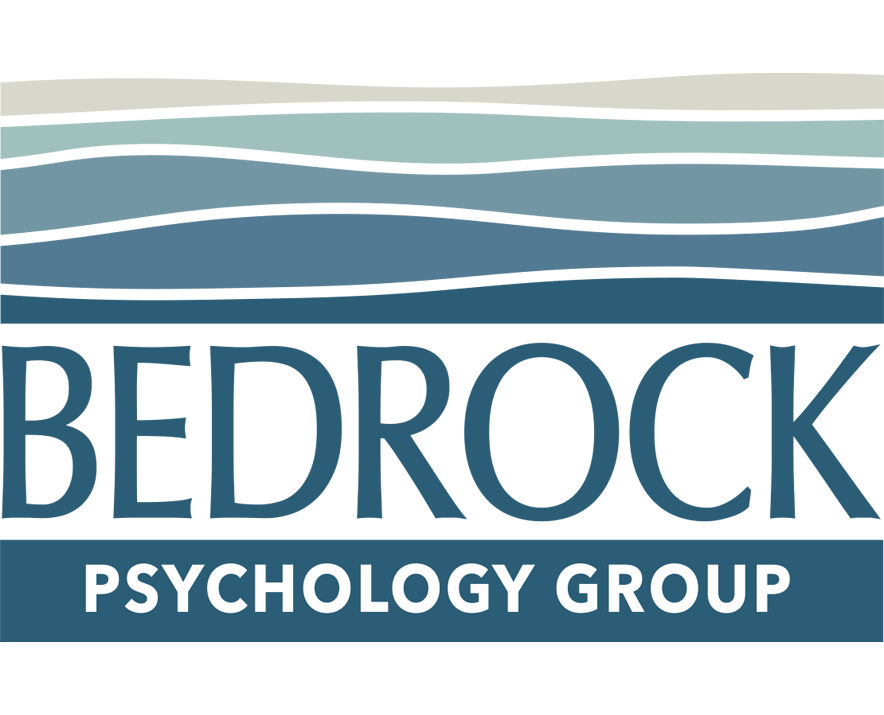Understanding Depression: Causes and Treatment Options
Depression is a common and serious condition that negatively affects how you feel, the way you think and how you act. At Bedrock Psychology Group, we believe in the importance of understanding the roots of this condition, as well as the various treatment options available, to better equip you to manage and overcome it.
Often, people sink into a depression and may not be able to pinpoint a single cause. However, it is crucial to recognize that depression is not a choice or a weakness, but rather a condition that requires treatment and support.
The Causes of Depression
Depression is a complex and multifaceted dis-ease that continues to intrigue researchers. While its causes are not fully understood, it is generally believed to arise from a combination of genetic predisposition, biological factors, environmental influences, and psychological triggers. These factors can interact and converge to contribute to the development of depressive episodes.
Genetic Predisposition
Research suggests that genetics play a significant role in the development of depression. Studies have shown that individuals with immediate family members who suffer from depression are at higher risk for
In some cases, a significant life change, such as the loss of a loved one or a severe personal conflict, can act as a catalyst for a depressive episode. Additionally, chronic illnesses and certain medications have been identified as potential contributory factors, further highlighting the intricate nature of depression.
Understanding the intricate interplay of these diverse factors is essential in developing comprehensive approaches to diagnosing, treating, and managing depression. By delving into the nuanced details of this complex disease, we can strive to provide better support and care for those affected by it.
Biological Factors
In addition to genetics, biological factors have also been linked to depression. Studies have found that individuals with depression tend to have imbalances in certain neurotransmitters, such as serotonin and dopamine, which play a crucial role in regulating mood. Additionally, structural and functional differences have been observed in the brains of individuals with depression compared to those without it.
These findings suggest that there is a physical component to depression, highlighting the need for a holistic approach that takes into account both biological and psychological factors in understanding and treating the disease.
Environmental Influences
Environmental influences can also contribute to the development of depression. Stressful life events, such as poverty, abuse, or trauma, are linked to an increased risk of developing depression. On the other hand, a stable and supportive environment can act as a protective factor against the disease.
Recent research has also explored the impact of societal and cultural factors on depression. In some cultures, certain emotional expressions may be viewed as more acceptable than others, potentially influencing how individuals experience and cope with their symptoms. Furthermore, social media and technology have emerged as potential contributors to the rising rates of depression.
Psychological Triggers
Psychological factors, including negative thinking patterns and low self-esteem, have long been acknowledged as potential triggers for depression. When individuals experience negative events or go through challenging experiences, it can lead to the development of distorted thinking patterns. These distorted thoughts, in turn, can perpetuate a cycle of depressive thoughts and emotions, further exacerbating the impact of depression on one’s mental well-being. Recognizing and addressing these psychological factors is crucial in understanding and effectively managing depression. By identifying and challenging negative thinking patterns and promoting self-esteem, individuals can work towards breaking the cycle and fostering a healthier mindset.
Treatment Options for Depression
When it comes to treating depression, one size does not fit all. It’s important to remember that what works well for one person may not work for another. There are, however, a few common and effective treatment options:
Psychotherapy
Also known as psychological counseling or talk therapy, psychotherapy involves discussing your condition and related issues with a mental health professional. Therapies such as cognitive-behavioral therapy (CBT) and Psychodynamic Therapy have been proven effective in treating depression.
Medications
Antidepressants are medicines that treat depression. They may help increase the levels of certain chemicals in your brain, called neurotransmitters, that contribute to mood regulation. It’s important to note that not everyone will need medication and that it should be used in conjunction with other treatments.
Lifestyle Changes
Healthy lifestyle changes can supplement other forms of treatment. Regular exercise can boost your mood and serve as a stress reliever. Similarly, maintaining a healthy diet and getting enough sleep can have a profound impact on your mood and energy levels.
Finding Help
At Bedrock Psychology Group, we are committed to helping you navigate your way through depression. Our experienced team of professionals understands the complexities of this illness and is ready to guide you toward the best treatment approach. Remember, there is no “right” way to treat depression. What matters is finding the treatment plan that works best for you.
Asking for help is the first step towards wellness. If you’re struggling with depression, don’t hesitate to reach out to us. We’re here to help.
